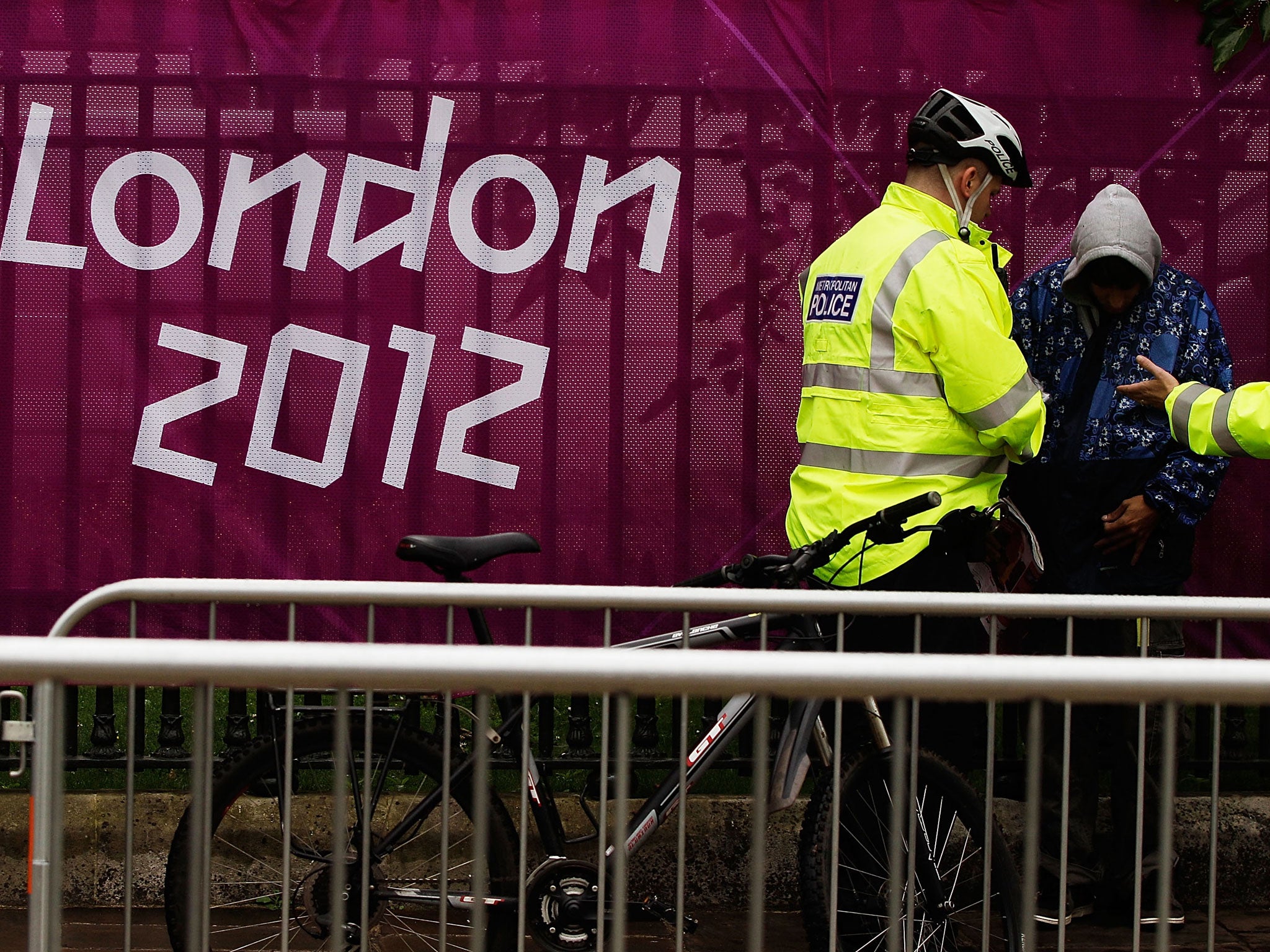Stop and Search: It's time for the police to abolish this ineffective and damaging procedure
Research shows that most arrests follow crime reports from members of the public. Stop and Search sours community relations and makes this less likely to happen

Your support helps us to tell the story
From reproductive rights to climate change to Big Tech, The Independent is on the ground when the story is developing. Whether it's investigating the financials of Elon Musk's pro-Trump PAC or producing our latest documentary, 'The A Word', which shines a light on the American women fighting for reproductive rights, we know how important it is to parse out the facts from the messaging.
At such a critical moment in US history, we need reporters on the ground. Your donation allows us to keep sending journalists to speak to both sides of the story.
The Independent is trusted by Americans across the entire political spectrum. And unlike many other quality news outlets, we choose not to lock Americans out of our reporting and analysis with paywalls. We believe quality journalism should be available to everyone, paid for by those who can afford it.
Your support makes all the difference.I run drama workshops. I usually take a volunteer out of the room. I instruct them to return and sit on a chair and place their face in their hands. I then ask the other workshop participants what they can see. Many respond with interpretations of the volunteer’s action, “He looks sad”, “He’s depressed”, “His mum and dad broke up” etc. However, one person retorts with the fact: “I see a boy sitting on a chair with his face in his hands”.
This goes to the heart of the challenge, the police face in exercising their “Stop and Search” powers. They are asked to do the almost impossible task of putting aside the tendency for prejudice. Police officers are to cast aside racist beliefs, xenophobic attitudes and racial prejudices, which remain widespread not only in mainstream society but also in an exaggerated form within the police force. The fact that black people are seven times more likely to be stopped and searched than white people proves that there is inherent racial stereotyping and prejudice towards black people within the police force. Skin colour, as a key criterion for the application of “Stop and Search” seems to be the standard practice even though it is illegal. A more nuanced factually based approach would be more effective.
In the past few weeks, it has been revealed that intelligence agencies collect and collate extensive personal data. The legitimacy of this is questionable but no one disputes its occurrence. We are also under constant surveillance and have come to accept CCTV cameras as part of life. With all this information, I find it difficult to understand why we haven’t shifted to a model of policing based on objective evidence and intelligence. In an age of austerity, it is unjustifiable to continue to spend public funds on a practice that yields very little results. Funds would be better spent on using technological advances and surveillance to improve the effectiveness of police practice.
“Stop and Search” is the key reason for the distrust of the police among black people. There is great contempt for the police within the black community because many young black men, including myself, have been humiliated and harassed by the police on multiple occasions when they have produced no evidence of crime. This results in black people being less likely to report crime. This has an adverse effect on police work because research evidence shows that most arrests follow reporting of an offence by a member of the public. The abolition of stop and search and a move towards policing based on intelligence, will contribute to soothing the hostile relations between black people and the police.
Stop and search is ineffective; it has a 9 per cent hit rate and contributes little to the prevention and detection of crime. It confers unfettered discretion on a police force with a tendency for stereotyping black people. It is the greatest source of conflict between black people and the police. So, why hasn’t it been abolished?
Femi Oyeniran is an actor most famous for appearances in 'Kidulthood' and 'Adulthood'. He is also a qualified lawyer and runs a weekly acting workship at a young offenders institution. 'It's A Lot', Oyeniran's first film as writer and director, will premiere 19 August at VUE cinema, Leicester Square in London
Join our commenting forum
Join thought-provoking conversations, follow other Independent readers and see their replies
Comments